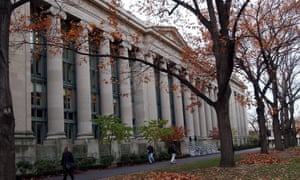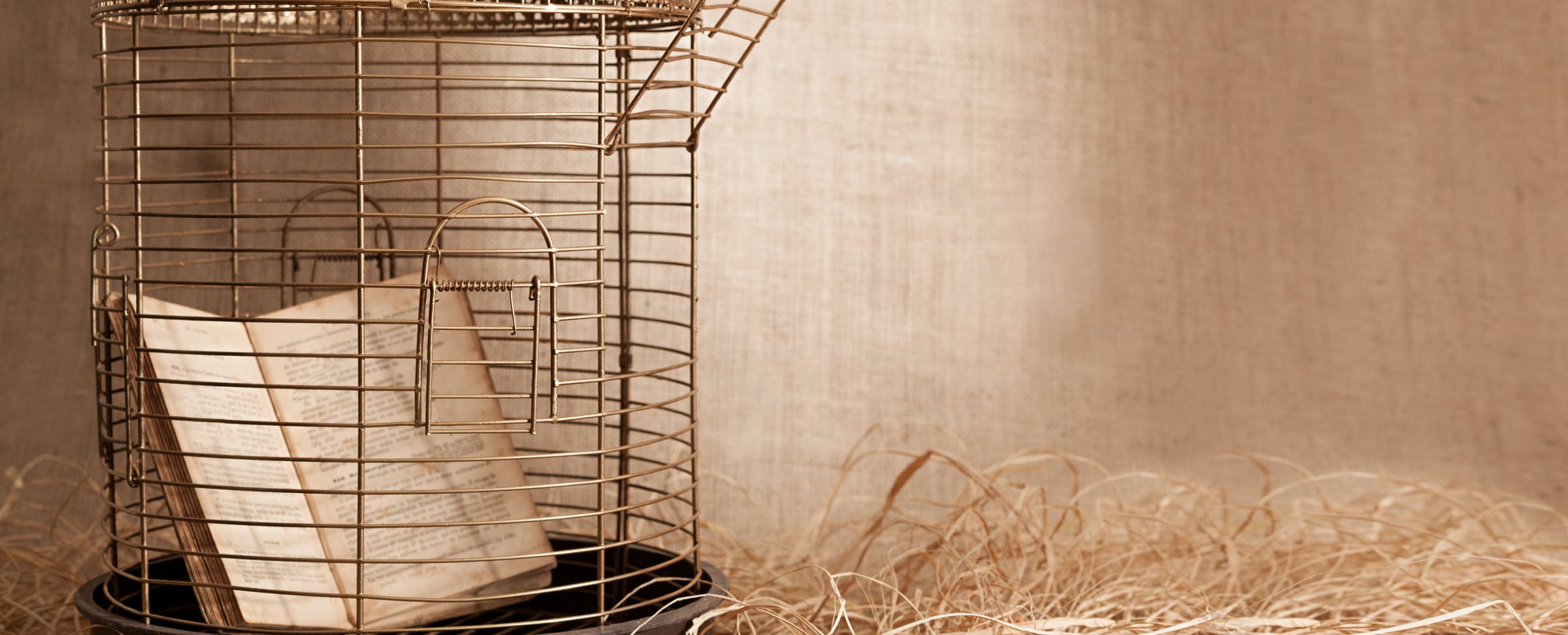University committee rules shield donated by family that built wealth through slavery does not reflect institution’s values

Harvard law school will remove its official shield following months of protest at the symbol’s ties to an 18th-century slaveholder.
A committee at the prestigious university, which counts president Barack Obama among its alumni, was convened to rule on the issue and on Friday decided the shield was inappropriate.
“We believe that if the law school is to have an official symbol, it must more closely represent the values of the law school, which the current shield does not,” the panel, made up of professors, alumni, students and staff, wrote in its recommendation.
The school has sent its decision to the university’s governing body, the Harvard corporation, asking for the emblem to stop being used as its official shield. It was not immediately clear when the corporation would take up the issue.
The shield’s meaning has changed over time, said Bruce Mann, committee chairman and Harvard law professor.
“Too many people think the shield has become an impediment,” he said. “Too many people see the association with slavery.”
The committee’s 10-2 recommendation was backed by Dean Martha Minow.
“I endorse the recommendation to retire the shield because its association with slavery does not represent the values and aspirations of the Harvard law school and because it has become a source of division rather than commonality in our community,” she wrote to students and alumni.
The shield, officially adopted in 1937, depicts three bundles of wheat, an image borrowed from the family crest of Isaac Royall Jr, under the university’s motto “Veritas”.
Royall donated his estate to create the first law professorship at Harvard University. His father, Isaac Royall Sr, made much of the family wealth on the backs of slaves on Caribbean sugar plantations and Massachusetts farms.
Minow created the committee after some law school students formed a group called Royall Must Fall to denounce the shield.
“We definitely consider this a victory that represents our tireless advocacy,” said AJ Clayborne, a third-year Harvard law student and member of Royall Must Fall, adding that the group was also dedicated to fighting other racial injustices at the school.
Not everyone agreed with the recommendation. One professor on the committee, joined by a student, said keeping the shield was a way to honor the slaves whose sacrifice provided the Royall family with its wealth.
They said the shield should be tied “to a historically sound interpretative narrative about it” and suggested adding the word “Iustitia” (justice in Latin) below the word “Veritas”.
There were waves of protests in late 2015 across several US college campuses, including Yale and Princeton, where students rallied against what they saw as institutional racism. Activists claimed the title “house master” was inappropriate and conjured a connection to slavery.
The move to drop the shield came after Harvard University announced it would change the centuries-old title “house master”, used to describe the Ivy League’s residential administrators, to the term “faculty dean”.

















